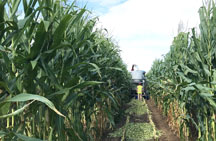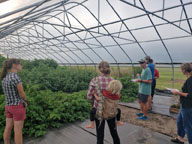
Ground Cherry Harvesting Frame Video:
See how efficiently this harvesting frame made by Willsboro Research Farm Manager Michael H. Davis, Ph.D., works to collect the ground cherry fruit that falls from the plants when ripe (click on the headline link above). This work was completed as part of a 2019 NNYADP horticultural research project that also evaluated the opportunity to grow goldenberry under NNY conditions. To read the results of both trials, click here.
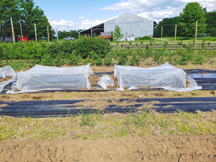
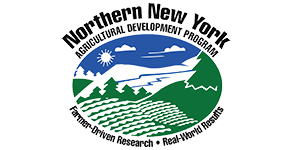
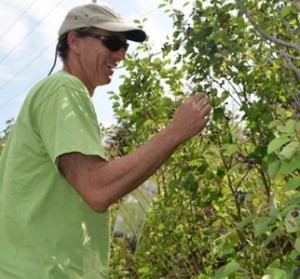
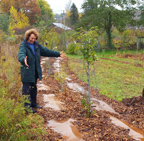
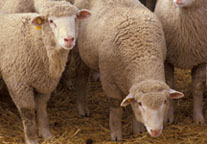
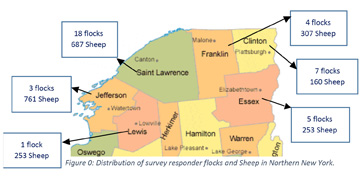 Three hundred and nineteen two-year-old or older ewes from 13 flocks across Jefferson, Lewis and St. Lawrence counties and from eight flocks across Clinton, Essex and Franklin counties were selected for health surveillance sampling and Johne’s disease testing.
Three hundred and nineteen two-year-old or older ewes from 13 flocks across Jefferson, Lewis and St. Lawrence counties and from eight flocks across Clinton, Essex and Franklin counties were selected for health surveillance sampling and Johne’s disease testing.